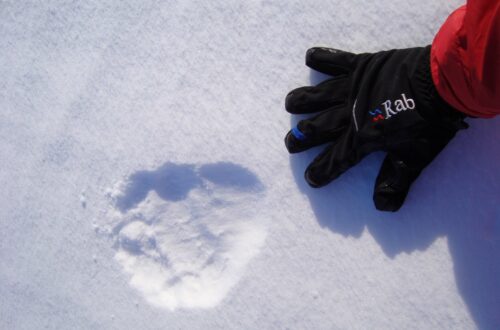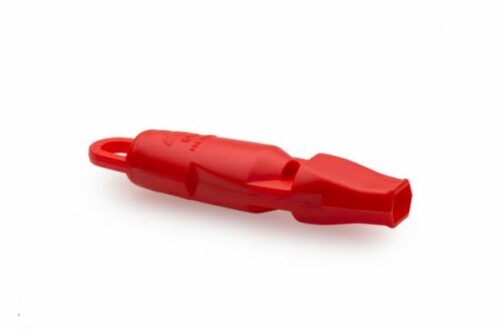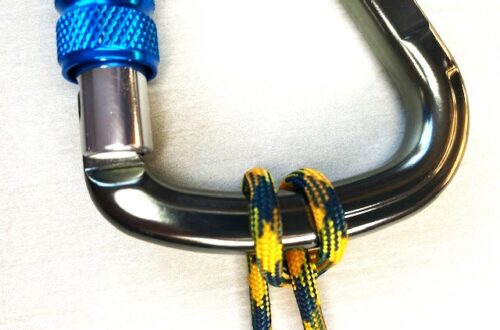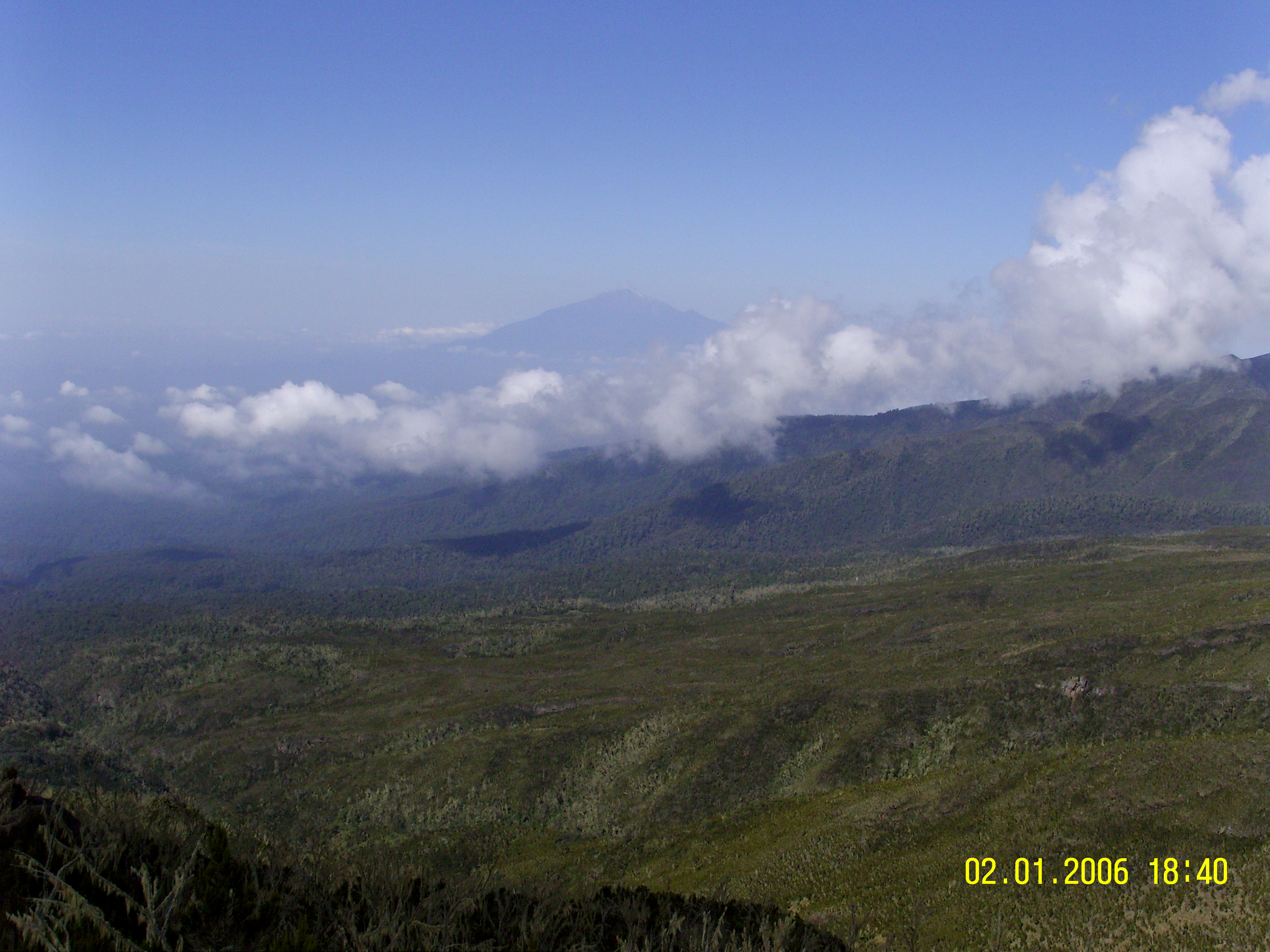
Lost Signal? Discover How to Stay Connected Anytime, Anywhere
Never do you need to climb a mountain, row an ocean or trek in the wilderness without a proven device that enables the connections you need!
“Don’t Worry, be Happy” say hello to Zoleo“
The robust ‘Zoleo’ provides seamless connectivity via the Iridium global satellite network when you’re outside of mobile coverage…
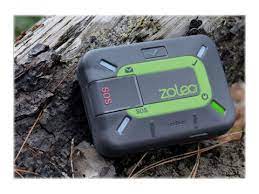
It has a built-in SOS ‘Alert’ button, with 24/7 monitoring and progress updates; also has a ‘peace of mind’ check-in button. It’s an accessory that extends your smartphone messaging coverage to everywhere on Earth!
Helps keep you safe — even if your smartphone is damaged or out of battery life.
In 2009, amidst our awe-inspiring 650km journey to the North Pole, each member of our expedition possessed a vital instrument: the Gypsi PLB, an Emergency Position-Indicating Radio Beacon (EPIRB). This compact device, tipping the scales at a pound in weight, it served as our beacon of hope amid the frozen expanse, promising swift assistance in times of peril. Tethered securely around our necks, it stood as an unwavering sentinel, primed to dispatch distress signals with unwavering efficiency at the slightest hint of trouble, ensuring our safety amidst the unforgiving wilderness.
An Emergency Position Indicating Radio Beacon (EPIRB) is indeed a crucial safety device for Adventurers and maritime users. When activated, it sends out a distress signal on a designated frequency that can be picked up by satellites and relayed to a worldwide network of search and rescue authorities. This allows rescuers to quickly determine the location of the distress signal and initiate a response to assist those in need. EPIRBs are essential for ensuring the safety of individuals at sea or in the wilderness and can greatly increase the chances of survival in emergency situations.
Rowing the North Atlantic 14th February 2016
“It felt like only moments after the ‘man overboard’ shout that all four others came to assist us, while I was still struggling to get up and back to my station”.
“Live a Life to Die For” by Roger Davies, page 235
My memory of events is vague but I do recall instructions called out by Simon, clear and concise. He asked who was at the bow. ‘Roger,’ I replied.
‘Pass me back the EPIRB,’ he shouted.
The EPIRB (Emergency Position Indicating Radio Beacon) was mounted on the forward bulkhead. I handed it back with great care. I didn’t dare drop it, it was the only one we had on board.
When activated, the EPIRB sent a distress signal via satellites, immediately alerting search and rescue authorities of our location.
It was probably at this time that Simon pressed the man overboard button, which immediately gave our position to MRCC Falmouth (Maritime Rescue Coordination Centre).
I want to tell you more about my extraordinary journey.


